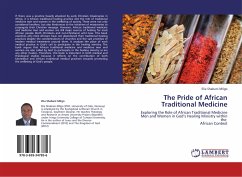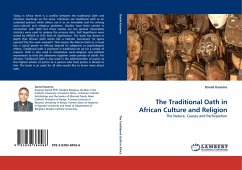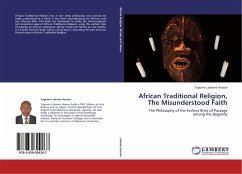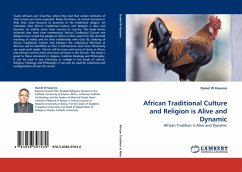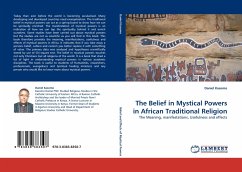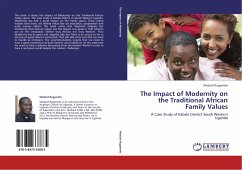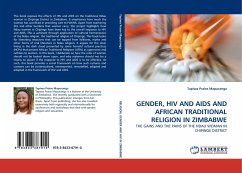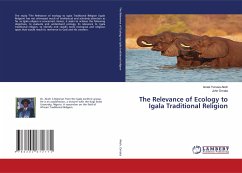If there was a practice heavily attacked by early Christian missionaries in Africa, it is African traditional healing practice and the role of traditional medicine men and women in the wellbeing of society. These were not only considered heathen, but also hindrances to the initiatives of missionaries to propagate their Christian message. However, African traditional medicine and medicine men and women are still major sources of healing for most African people (both Christians and non-Christians) until now. This book examines why most Africans have not abandoned their traditional healing practices despite the condemnations of churches and the vast promises of modern medical treatments around them. It analyzes the place of each medical practice in God's call to participate in the healing ministry. The book argues that African traditional medicine and medicine men and women are also called by God to participate in the healing ministry as are any other healers. Therefore, this book is important in both medical and theological studies because it reflects on the contribution of both biomedical and African traditional medical practices towards promoting the wellbeing of God's people.
Bitte wählen Sie Ihr Anliegen aus.
Rechnungen
Retourenschein anfordern
Bestellstatus
Storno

